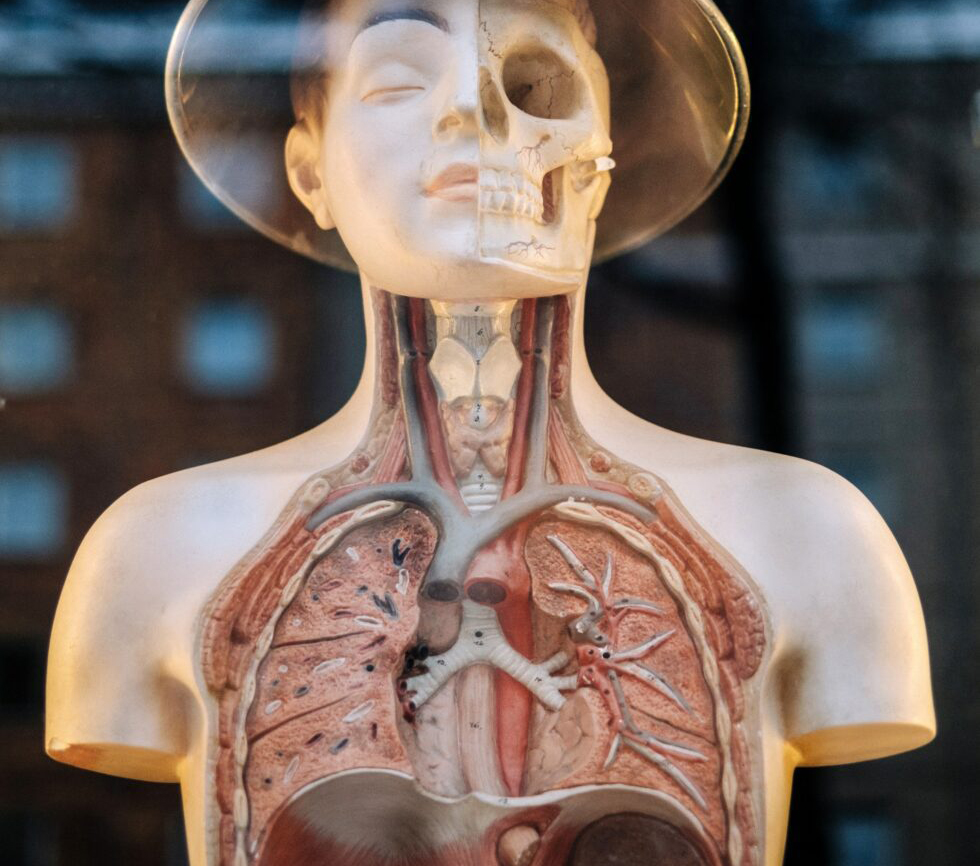We’re all aware of the effects that alcohol has on your brain. The impaired judgment, blurry vision, and slower motor skills are all common effects of alcohol than adults are, for the most part, very familiar with. However, it’s important to look at the physical effects that alcohol can have on your body.
As an out-patient alcohol-based treatment center we know that putting the bottle down for good can be a difficult task to do. We’ve spent years working with top neuroscientists, medical professionals, mental-health experts, and addiction specialists to develop a treatment program with a high probability of success. Our goal is simple, to help you go sober forever, and in doing so, giving you a healthier lifestyle. Once again, alcohol does a lot of damage to your body and puts you at a higher risk for various diseases and other things.
Heart
If you’re someone who’s consistently been drinking for a long period of time, this can lead to serious heart damage. Drinking too much alcohol can raise the levels of some fats in the blood (triglycerides). It can also lead to high blood pressure, heart failure, and increased caloric intake, which can lead to obesity and a higher risk of developing diabetes. Excessive drinking and binge drinking can also lead to stroke, cardiomyopathy, cardiac arrhythmia, and even sudden cardiac death.
Liver
Heavy drinking can lead to a variety of problems and liver inflammations that include:
- Steatosis, or fatty liver
- Alcoholic hepatitis
- Fibrosis
- Cirrhosis
The liver breaks down and filters out harmful substances that are present in the body. It converts vitamins, nutrients, and medicines into substances that our bodies can use. The liver is also responsible for cleaning out blood, producing bile for digestion, and storing glycogen for energy. The liver processes over 90% of consumed alcohol, and the rest exits the body via urine, sweat, and breath. Chronic alcohol abuse causes the destruction of liver cells, which results in the scarring of the liver (Cirrhosis, as mentioned above). It can also lead to alcoholic hepatitis and cellular mutation that may lead to liver cancer.
Heavy drinkers face a higher risk of developing a range of liver diseases as opposed to moderate drinkers. As many as 20% of heavy drinkers develop fatty liver disease, which can lead to more serious complications down the road. Common symptoms of liver disease include:
- Jaundice
- Abdominal pain
- Swelling in the legs
- Dark urine
- Nausea or vomiting
- Itchy skin
- Discolored stool
- Unusual bruising
- Fatigue
While liver disease is a very serious disease, the good news is that it can be reversible if you stop drinking.
Pancreas
Alcohol causes the pancreas to produce toxic substances which can eventually lead to pancreatitis, which is a dangerous inflammation and swelling of the blood vessels in the pancreas that prevents proper digestion.
Cancer
Consuming high amounts of alcohol has been shown to have a strong association with several types of cancers. In its report on carcinogens, the National Toxicology Program of the US Department of Health and Human Services lists that the consumption of alcoholic beverages as a known human carcinogen. The research evidence also indicates that the more alcohol a person drinks — particularly the more alcohol a person drinks regularly over time — the higher his or her risk of developing an alcohol-associated cancer.
There have been clear patterns that have emerged between alcohol consumption and the development of the following types of cancer:
- Head and neck cancer: Alcohol consumption is a major risk factor for various head and neck cancers, specifically looking at cancers of the oral cavity. It was also seen that people who consumed 50 or more grams of alcohol per day, which is about 3.5 or more drinks per day, had at least two to three times greater risk of developing these cancers than nondrinkers. The risks of these cancers are substantially higher for people who consumed alcohol and used tobacco.
- Esophageal cancer: Fitting into the category above, alcohol consumption is a major risk factor for a particular type of esophageal cancer called esophageal squamous cell carcinoma.
- Liver cancer: Alcohol is the primary reason for people to develop liver cancer.
- Breast cancer: There have been more than 100 epidemiologic studies that have looked at the association between alcohol consumption and the risk of breast cancer in women. These studies have found a consistently increased risk of breast cancer as the level of alcohol consumption increases.
- Colorectal cancer: Colon and rectal cancer can also be a result of excessive drinking.
Targets Your Immune System
Excessive drinking can greatly weaken your immune system, which makes your body a much easier target for disease. Chronic drinkers are more prone to contracting diseases like pneumonia and tuberculosis than people who do not drink. Binge drinking on any occasion drastically slows your body’s ability to ward off infections, even 24 hours after drinking.
At Go Sober in Colorado, we understand the importance of reclaiming control over your own life. Not only is alcohol damaging to your body but alcohol can damage every aspect of your life. Contact us right now and set up a free consultation where you’ll be able to speak with a trained and licensed addiction specialist. This is an opportunity for you to spend an hour, free of charge to work one-on-one to understand your options that can help you say goodbye to alcohol forever.


0 Comments